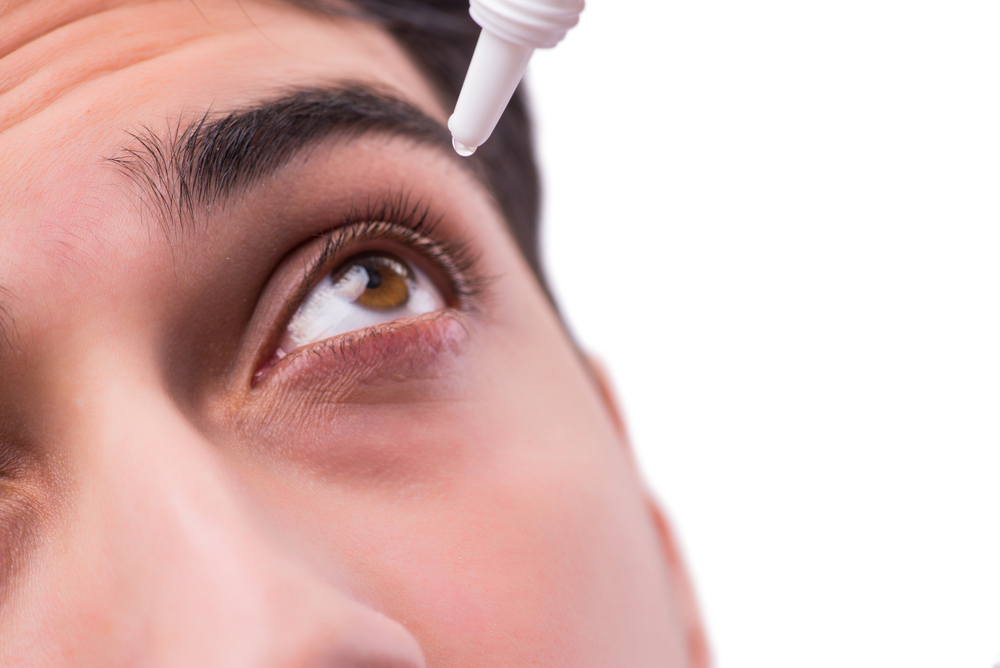
Myopia control refers to the various methods employed to slow down the progression of myopia and prevent its further advancement. These methods aim to reduce the risk of developing high levels of myopia, which can lead to serious eye conditions. One of the promising treatments for myopia control is the use of atropine eye drops.
What are Atropine Eye Drops?
Atropine eye drops are a type of medication commonly used to dilate the pupils during eye examinations. They belong to a class of drugs called anticholinergics, which work by blocking the action of a neurotransmitter called acetylcholine. By doing so, atropine eye drops relax the muscles that control the size of the pupil, allowing more light to enter the eye.
Atropine eye drops are applied in much lower concentrations than those used for pupil dilation. These diluted solutions have been found to effectively slow down the progression of myopia in children and teenagers.
The Effectiveness of Atropine Eye Drops in Controlling Myopia
Research has shown that atropine eye drops are highly effective in controlling myopia. Multiple studies have demonstrated that the use of low-concentration atropine, such as 0.01% or 0.05%, can reduce the progression of myopia by up to 50% or more. This reduction in myopia progression has been observed across various age groups, including children and teenagers.
However, it is important to note that the effectiveness of atropine eye drops may vary among individuals. Some patients may experience a greater reduction in myopia progression, while others may respond less favorably. Factors such as the severity of myopia, age, and genetic predisposition can influence the response to atropine treatment.
The optimal concentration of atropine for myopia control is still a topic of ongoing research. Higher concentrations, such as 0.5%, have been found to be more effective in controlling myopia but may also carry a higher risk of side effects. Therefore, the choice of atropine concentration should be individualized based on the patient's specific needs and the recommendation of the prescribing eye doctor.
The Role of an Eye Doctor in Prescribing Atropine Drops
The role of an eye doctor in prescribing atropine eye drops for myopia control is crucial. Eye doctors, particularly those specializing in myopia management, have the expertise to assess the severity of myopia, evaluate the risk factors, and determine the most appropriate treatment approach.
During a comprehensive eye examination, the eye doctor will measure the refractive error, assess the axial length of the eye, and evaluate other factors that may contribute to myopia progression. Based on these findings, the eye doctor will determine the optimal concentration of atropine and provide detailed instructions on its proper use.
Regular follow-up appointments with the eye doctor are essential to monitor the progress of myopia control and make any necessary adjustments to the treatment plan. The eye doctor will also address any concerns or questions the patient or their parents may have and provide guidance on other lifestyle modifications that can complement the use of atropine eye drops, such as spending more time outdoors and reducing near work activities.
Achieving Successful Myopia Control through Atropine Eye Drops
Atropine eye drops offer a promising option for myopia control, providing significant benefits in reducing the progression of nearsightedness. Their ease of use, favorable safety profile, and proven effectiveness make them an attractive choice for individuals seeking to slow down the advancement of myopia. By working closely with an eye doctor, individuals can optimize their chances of achieving successful myopia control and maintaining good eye health in the long term.
For more information on atropine eye drops for myopia control, visit Enclave Vision at our Houston, Texas, office. Please call or text 281-759-3937 to schedule an appointment today.











